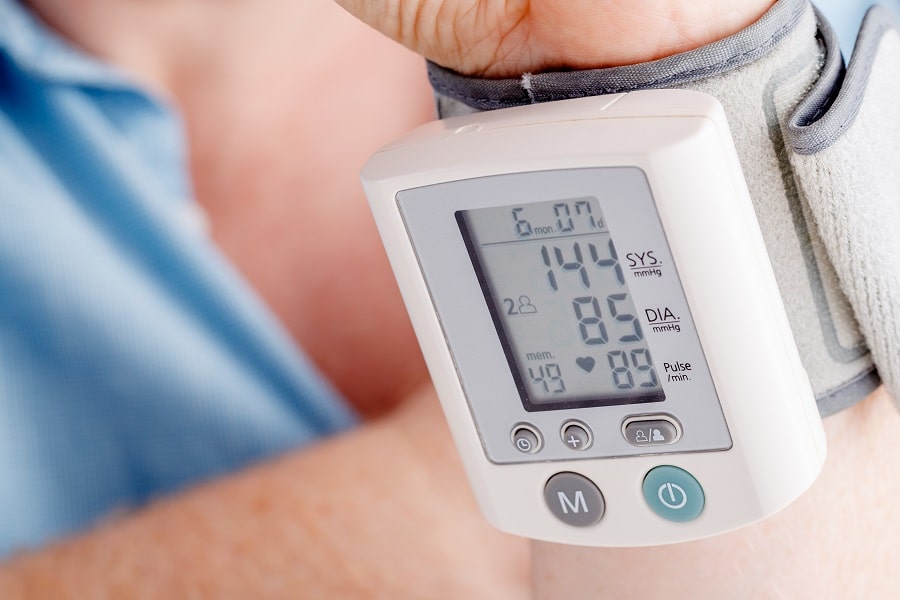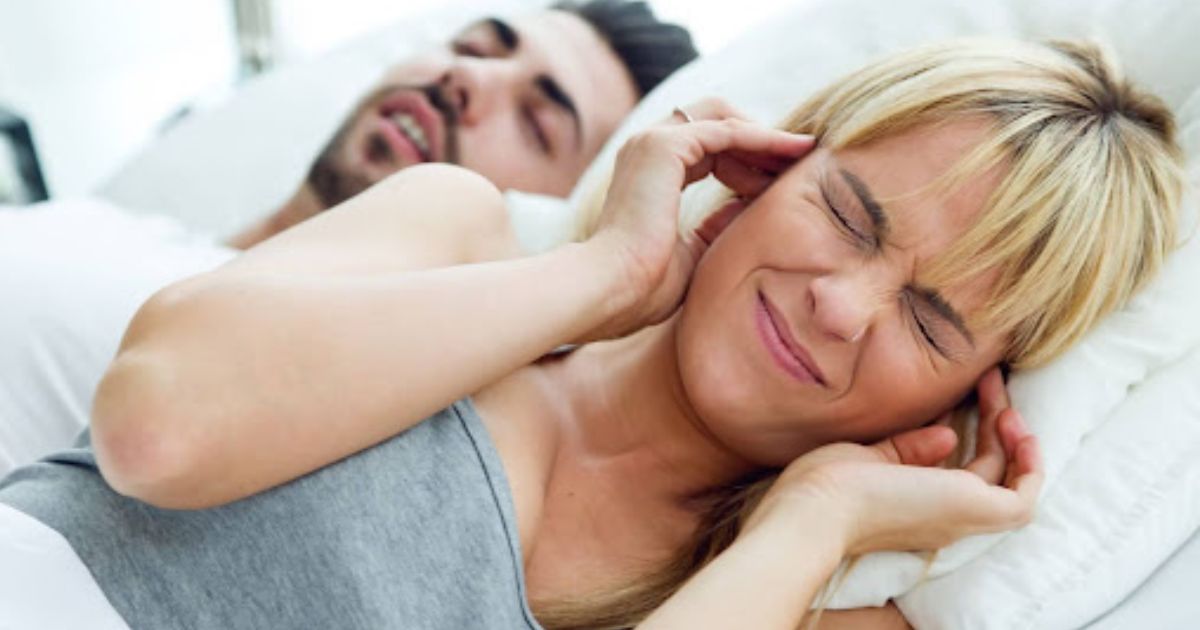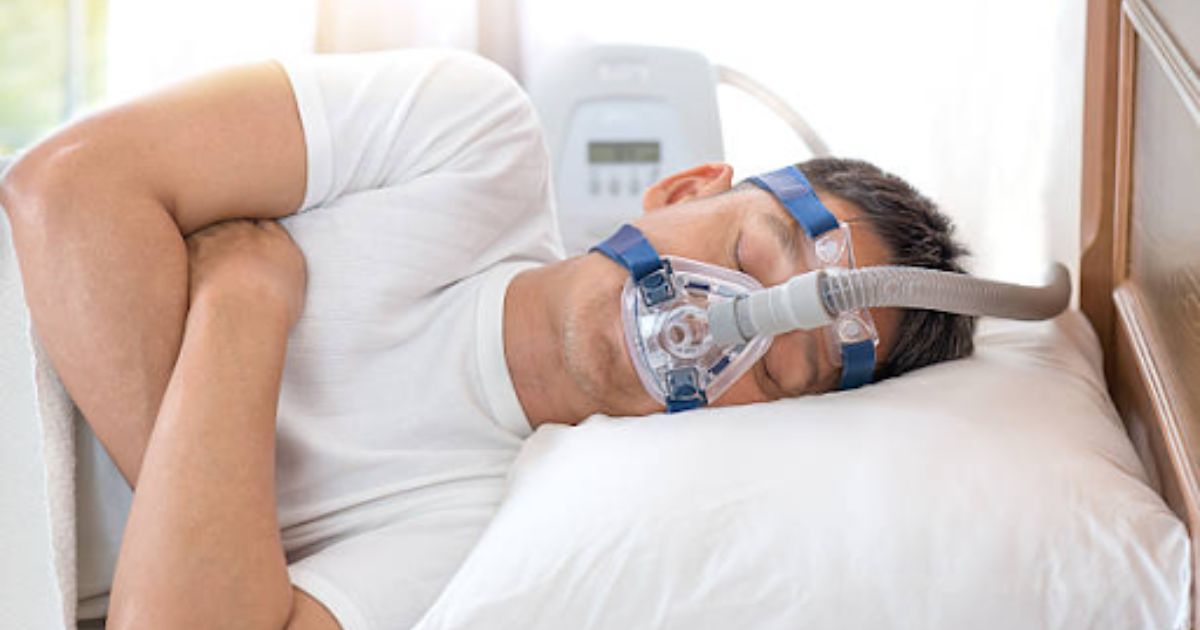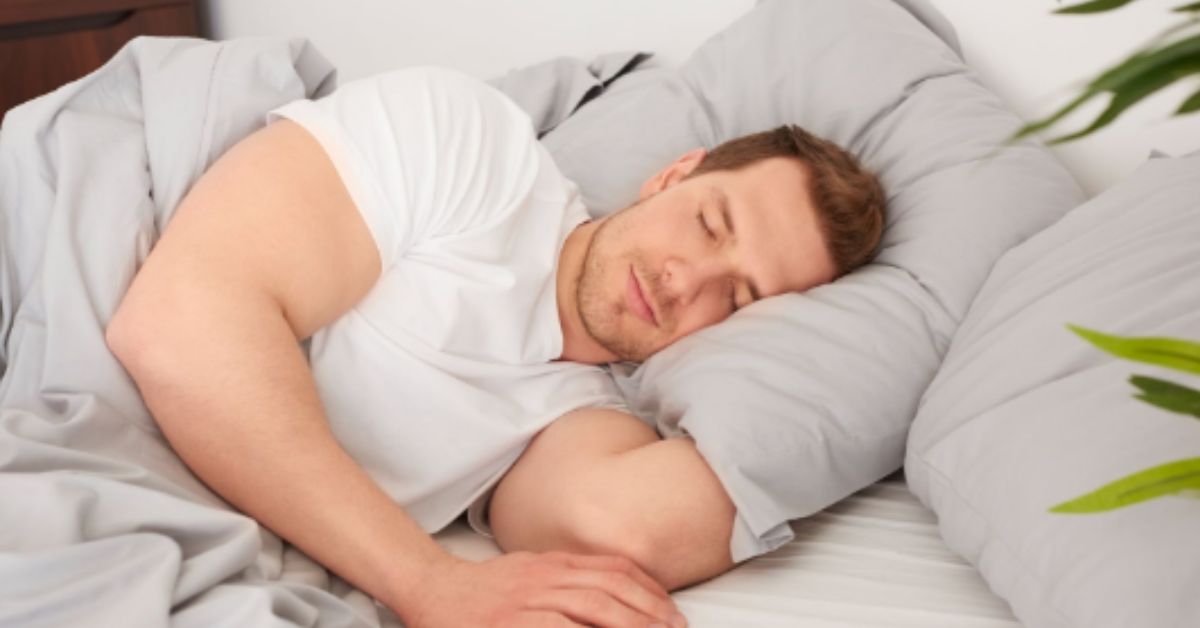What Is Sleep Apnea?
Obstructive sleep apnea occurs when the muscles that support the soft palate temporarily relax, causing airways to narrow or become completely closed. This obstruction of the airway means that you are unable to get enough air and the oxygen levels in your blood drop. This prompts your body to awaken you from sleep to reopen your airways, causing you to snort, choke, or gasp. This pattern can repeat itself throughout the night, preventing you from achieving deep, restful sleep.
The Link Between Sleep Apnea and Blood Pressure
High blood pressure (hypertension) is one of the side effects of sleep apnea that is often under-recognized. Because sleep apnea results in sudden drops in blood oxygen levels, blood pressure increases, straining the cardiovascular system. This strain increases the risk of high blood pressure. These recurrent drops in oxygen levels cause high blood pressure and are dangerous for those suffering from heart disease. Multiple episodes of low blood oxygen can lead to sudden death from an irregular heartbeat.
What Are Sleep Apnea Symptoms?
It’s essential to carefully evaluate whether you may be experiencing sleep apnea symptoms so that you can talk to your doctor. Common symptoms include:
- Loud Snoring. The relaxing of soft palate tissues can frequently cause loud, severe snoring that wakes or disturbs others.
- Episodes in Which You Stop Breathing During Sleep. Sleep apnea sufferers may experience feelings of gasping for air during sleep, and typically have these episodes reported to them by a family member or spouse.
- Awakening with a Dry Mouth. Sufferers may awake with a dry mouth or even a very dry or sore throat from prolonged mouth breathing.
- Morning Headache. The drop-in blood oxygenation that occurs with sleep apnea may be the culprit behind regularly having headaches in the morning.
- Difficulty Staying Asleep (Insomnia). Current research suggests that multiple pauses in breathing cause the body to create a stress response. Sufferers will often tend to experience feelings of having their “mind race,” and have difficulty sleeping as a result of thinking over stressful events.
- Excessive Daytime Sleepiness. Extreme daytime sleepiness (hypersomnia) that goes beyond normal grogginess is one of the common effects of sleep apnea. As a result, sufferers may have trouble concentrating on tasks during the day, as well as irritability or mood swings.
Jacksonville Sleep Center
Diagnosing and addressing a sleep disorder with your physician can go a long way to improving your quality of life. At the Jacksonville Sleep Center, we specialize in helping patients across Northeast Florida get the great sleep they need! We offer the latest options for sleep disorder diagnosis, assessment, and treatment. If you suspect you may have sleep apnea, our physicians and team of specialists would love to see how we can help. Contact us today to learn more and set up an appointment!






